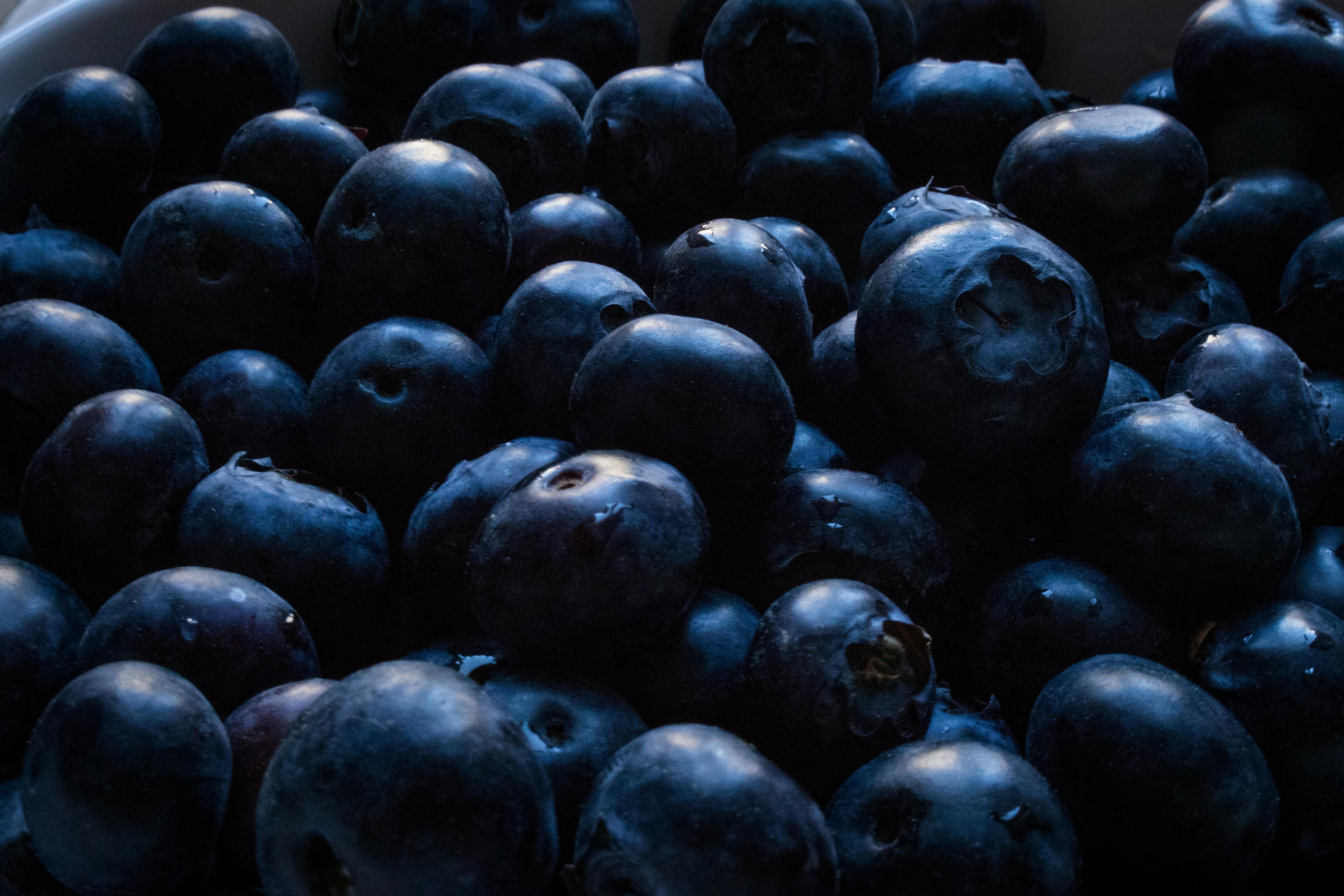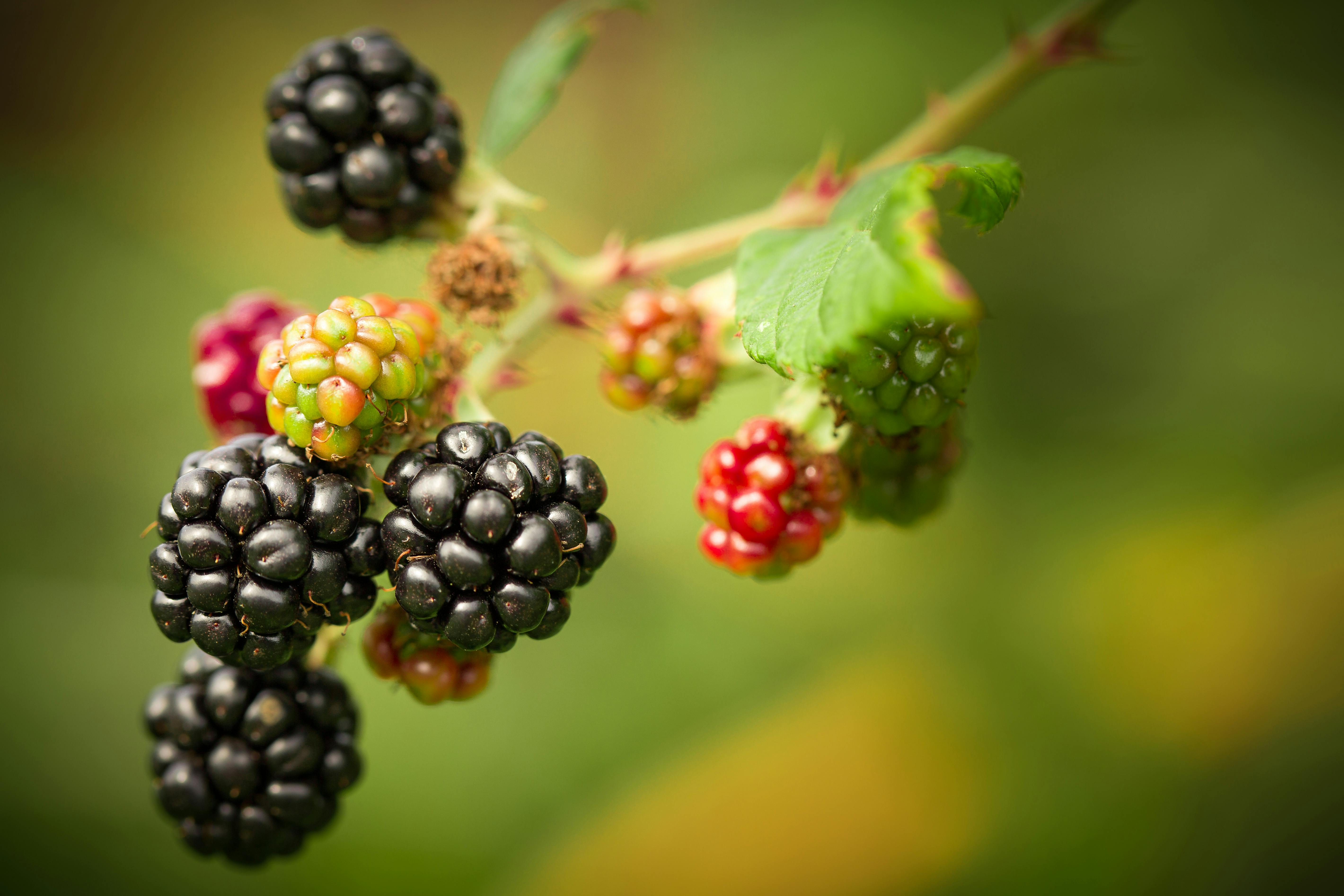Growing blueberries in Georgia can be a rewarding experience. The mild climate and long growing season in the state make it an ideal location for cultivating these delicious berries. With the right soil, adequate water, and proper care, you too can have a successful blueberry crop in your garden. In this article, we’ll discuss how to select the best variety of blueberry for your area, prepare the soil and mulch, fertilize and water your plants, and prune for optimal fruit production. With a little patience and dedication, you’ll soon have a bountiful crop of fresh blueberries to enjoy!To plant blueberries in Georgia, begin by selecting the right variety of blueberry for the climate. There are several varieties that do well in Georgia, including Tifblue, Brightwell, Climax, Powderblue, and Premier. Choose an area to plant your blueberries that has full-sun exposure and good drainage. Amend the soil with organic material such as compost or peat moss to improve drainage and nutrition. Plant your blueberries in mounds or rows 6 feet apart. Dig a hole twice as wide as the root ball of the blueberry bush and place it at its original planting depth. Backfill with soil and lightly tamp down around the rootball. Water thoroughly after planting and mulch 2-4 inches deep around the base of each bush to conserve moisture and prevent weeds from growing.
Choosing The Right Blueberry Varieties For Georgia
Growing blueberries in Georgia can be a rewarding experience, but it’s important to choose the right varieties for the area. Different varieties of blueberries have different characteristics that make them better suited for different climates and regions. Georgia has a humid subtropical climate, which can provide ideal growing conditions for some varieties of blueberry. Knowing which varieties are best suited to your climate will help ensure a successful harvest season.
When selecting blueberry varieties for Georgia, look for ones that are adapted to the region’s warm temperatures and humidity. Some popular varieties include Southern Highbush, Rabbiteye, and Climax. Southern Highbush is a hybrid variety that is well-adapted to warm climates and has a high yield potential. It produces large berries that are sweet and juicy with a pleasant flavor. Rabbiteye is an older variety of blueberry that is also well-suited for Georgia’s climate. It produces smaller berries than Southern Highbush but is very hardy and resistant to disease. Climax is another popular variety in the state as it produces large berries with a sweet flavor and good disease resistance.
It’s also important to consider soil conditions when selecting blueberry varieties for Georgia. Different types of soil can affect how well certain varieties grow in the area, so it’s important to select ones that are best suited for your particular soil type. Sandy soils are ideal for growing Rabbiteye and Climax, while clay soils are best suited for Southern Highbush and other mid-season varieties like Powderblue or Brightwell.
When selecting blueberry varieties for Georgia, it’s important to take into account your local climate and soil conditions so you can choose the right ones for your area. The three most popular varieties are Southern Highbush, Rabbiteye, and Climax as they all have high yields and produce sweet tasting berries that do well in warmer climates like Georgia’s humid subtropical climate.
Once you have chosen the right variety of blueberries for your region, you can begin planting them in late winter or early spring when the weather begins to warm up again. Planting multiple varieties will ensure pollination as different types require different pollinators such as bumblebees or honeybees in order to produce fruit successfully. With a little bit of research into which types grow best in your region as well as proper care during planting season, you will be sure to have a successful harvest season of delicious blueberries!
Preparing The Soil For Growing Blueberries In Georgia
Growing blueberries in Georgia can be a rewarding experience. It is important to prepare the soil properly to ensure healthy plants and a successful harvest. The first step is to test the soil for pH and nutrient levels. Blueberries prefer an acidic soil with a pH of 4.0 to 5.5, so if the soil is too alkaline, you may need to add sulfur or other acidifying amendments. The soil should also be well-draining, as blueberries do not tolerate standing water.
Once the soil pH has been adjusted, it is important to add organic matter such as compost or peat moss. This will help improve the structure of the soil and provide essential nutrients for the blueberry plants. Work the organic matter into the top 10-12 inches of soil with a shovel or tiller and then rake it smooth before planting.
Before planting, it is also a good idea to add fertilizer that is specifically formulated for acid-loving plants such as blueberries. Follow the directions on the package for application rates and timing, as too much fertilizer can burn young plants and cause stunted growth. Once all of these steps have been completed, your soil should be ready for planting blueberry bushes!
Optimal Planting Conditions For Growing Blueberries In Georgia
Growing blueberries in Georgia can be a rewarding experience with the right planting conditions. The state’s climate offers an ideal environment for blueberry production, as it provides optimal temperatures and rainfall for the plants to thrive. However, there are certain conditions that must be met in order to ensure the success of your blueberry crop.
First and foremost, you’ll need to select a well-draining soil with a pH between 4.5 and 6.5. This will help ensure that your blueberries receive adequate nutrition from the soil while also allowing excess water to easily drain away. You should also look for soil with plenty of organic matter, such as compost or manure, as this will provide additional nutrients for your plants to draw upon.
When deciding where to plant your blueberry bushes, make sure the area receives at least six hours of direct sunlight each day. This will ensure that your plants get enough energy from the sun for photosynthesis and growth. Additionally, try to avoid areas near trees or other large structures that could potentially shade out some of the light during certain times of the day.
Finally, it is important to give your blueberry plants adequate space when planting them in Georgia. Blueberry bushes grow best when planted at least four feet apart so they have enough room to spread out their roots and produce larger yields over time. Additionally, make sure they are planted at least four feet away from fences or walls so they have room to grow without being restricted by any outside forces.
By following these tips, you can create an optimal environment for growing blueberries in Georgia that will result in a successful harvest each year!
Spacing Requirements When Planting Blueberries In Georgia
When planting blueberries in Georgia, it is important to consider the spacing requirements. For best results, blueberries should be planted four to six feet apart in rows that are eight to ten feet apart. This will allow for adequate air circulation and sunlight exposure for the plants. Additionally, it is important to keep in mind that blueberry bushes require pruning throughout the growing season in order to maintain a healthy shape and size. Pruning also helps promote better fruit production.
When selecting a location for your blueberry bushes, it is important to consider the soil type. Blueberries thrive in acidic soil with a pH between 4.5 and 5.5. If your soil does not meet these requirements, you may need to amend it with sulfur or aluminum sulfate in order to bring down the pH level. Additionally, blueberry bushes require plenty of water so make sure you select a location that can be easily irrigated or has access to natural rainfall throughout the growing season.
Finally, when planting blueberries in Georgia it is important to select varieties that are well-suited for the region’s climate and soil type. Some popular varieties include Duke, Bluecrop, Jersey and Elliott which are all widely available at local nurseries and garden centers. With proper care and maintenance, these varieties can produce abundant crops of delicious berries each year!

Preparing and Applying Fertilizer to Blueberry Plants in Georgia
Blueberry plants are a popular crop in Georgia and need to be fertilized to ensure healthy growth and abundant yields. Preparing and applying fertilizer is an important step in the cultivation of blueberries, as it helps promote plant health and vigor. Here are some tips for preparing and applying fertilizer to blueberry plants in Georgia.
When preparing fertilizer for blueberry plants, it is important to use the right type of fertilizer. A balanced, slow-release fertilizer is best for blueberries as it will provide nutrition over a longer period of time. It is also important to consider the soil pH when choosing a fertilizer, as some fertilizers may not be suitable for acidic soils.
Once you have chosen the right type of fertilizer, you should mix it with water according to the instructions on the package. If possible, use rainwater or distilled water as these contain fewer minerals which could affect the pH of the soil. Once mixed, apply the fertilizer around the base of each plant using a garden hose or watering can.
It is important not to over-fertilize your blueberry plants, as this can cause excessive growth which will reduce yields. It can also lead to nutrient deficiencies which will negatively affect plant health and vigor. As a general rule, use about one pound (454 grams) of fertilizer per 100 square feet (9 square meters) of soil surface area.
Finally, make sure you water your blueberry plants after applying the fertilizer so that it can be absorbed into the soil. This will ensure that your plants get all of the nutrients they need for healthy growth and abundant yields. With these tips in mind, you should be well on your way to properly preparing and applying fertilizer to your blueberry plants in Georgia!
Water Requirements for Growing Blueberries in Georgia
Blueberries are an excellent crop for Georgia growers as they thrive in the warm climate. However, in order to grow healthy and productive blueberry plants, there are certain water requirements that must be met. In order to ensure successful blueberry production in Georgia, growers must understand the water requirements needed for their specific variety of blueberry plant.
Blueberries require a steady supply of moisture throughout the growing season, but they are sensitive to excess water. Too much or too little water can both lead to poor growth and low yields. When watering blueberries, it is important to avoid wetting the leaves of the plant as this can cause fungal diseases like powdery mildew or leaf spot.
The amount of water needed by a blueberry plant depends on the variety and soil type. In general, mature blueberry plants need 1-2 inches of water per week during the growing season from April through September. This should be applied either through irrigation or rainfall over a period of several days so that the soil can absorb it slowly and evenly. If rainfall is not sufficient during this time period, supplemental irrigation may be necessary to ensure adequate moisture levels.
It is also important to keep the soil around your blueberry plants well-drained as soggy soils can cause root rot. If your soil tends to stay wet after rain or irrigation, consider adding a layer of mulch around your blueberry plants which will help absorb excess moisture and reduce weed growth. Additionally, you should avoid fertilizing your plants during excessively wet conditions as this can lead to nutrient runoff into local bodies of water.
By understanding and following these basic water requirements for growing blueberries in Georgia, you can ensure successful growth and high yields from your crop!
Pruning And Training Your Blueberry Bushes In Georgia
Pruning and training your blueberry bushes in Georgia can help them to become healthier, more productive, and better able to withstand the harsh climate of the state. Pruning is an important part of any blueberry bush maintenance program and should be done regularly. Pruning helps to remove dead or diseased branches, encourages new growth, and helps to keep the bush in shape so that it can bear more fruit. Training your blueberry bushes is also important for ensuring that the plants are kept in a healthy condition and for ensuring that they are able to produce adequate amounts of fruit.
When pruning blueberry bushes in Georgia, it is important to ensure that you use proper pruning techniques. This includes cutting back overgrown branches, removing dead or diseased branches, and thinning out crowded areas. You should also remove any sucker growth from the base of the bush as this will reduce competition for resources and allow other branches to get sufficient sunlight. Once you have finished pruning your bush, you should apply a mulch layer around its base to help protect its roots from cold temperatures.
Training your blueberry bushes in Georgia involves tying them up with strings or wires so that they are supported at their base while still allowing sunlight into their crowns. This will help them to become stronger and will also ensure that they produce more fruit because they will be exposed to a greater amount of sunlight than when left unchecked. Once you have tied up your bushes, you should monitor them carefully for any signs of disease or pests so that these can be treated quickly before they cause major damage.
In conclusion, pruning and training your blueberry bushes in Georgia is an important part of keeping them healthy and productive throughout the year. By using proper pruning techniques and tying up the plants with strings or wires, you can ensure that your bushes receive sufficient sunlight while also being protected from cold temperatures. Additionally, by monitoring closely for signs of disease or pests you can protect your plants from any potential threats before they cause major damage.

Conclusion
Growing blueberries in Georgia is a great way to enjoy fresh, delicious fruit throughout the year. With proper soil preparation, pruning and fertilizing techniques, and pest control methods, Georgia farmers can ensure a bountiful harvest of blueberries. Additionally, using mulch and irrigation systems can help protect the plants from extreme temperatures and drought conditions. By understanding the environmental needs of blueberry plants, growers in Georgia can look forward to an abundant harvest of sweet and juicy blueberries for many years to come.
Growing blueberries in Georgia is both rewarding and challenging. With careful planning and consistent care throughout the growing season, however, farmers can be successful in producing high-quality fruit that will bring enjoyment for years to come.



